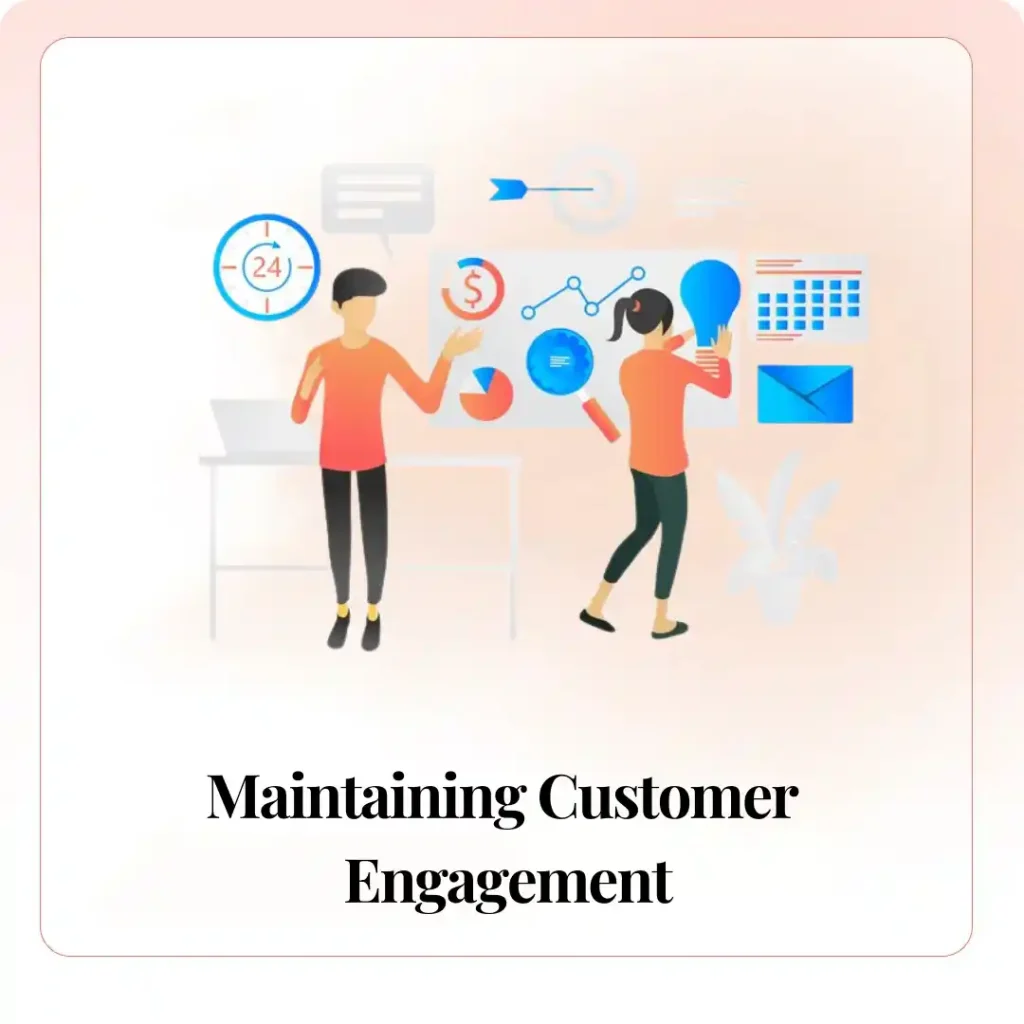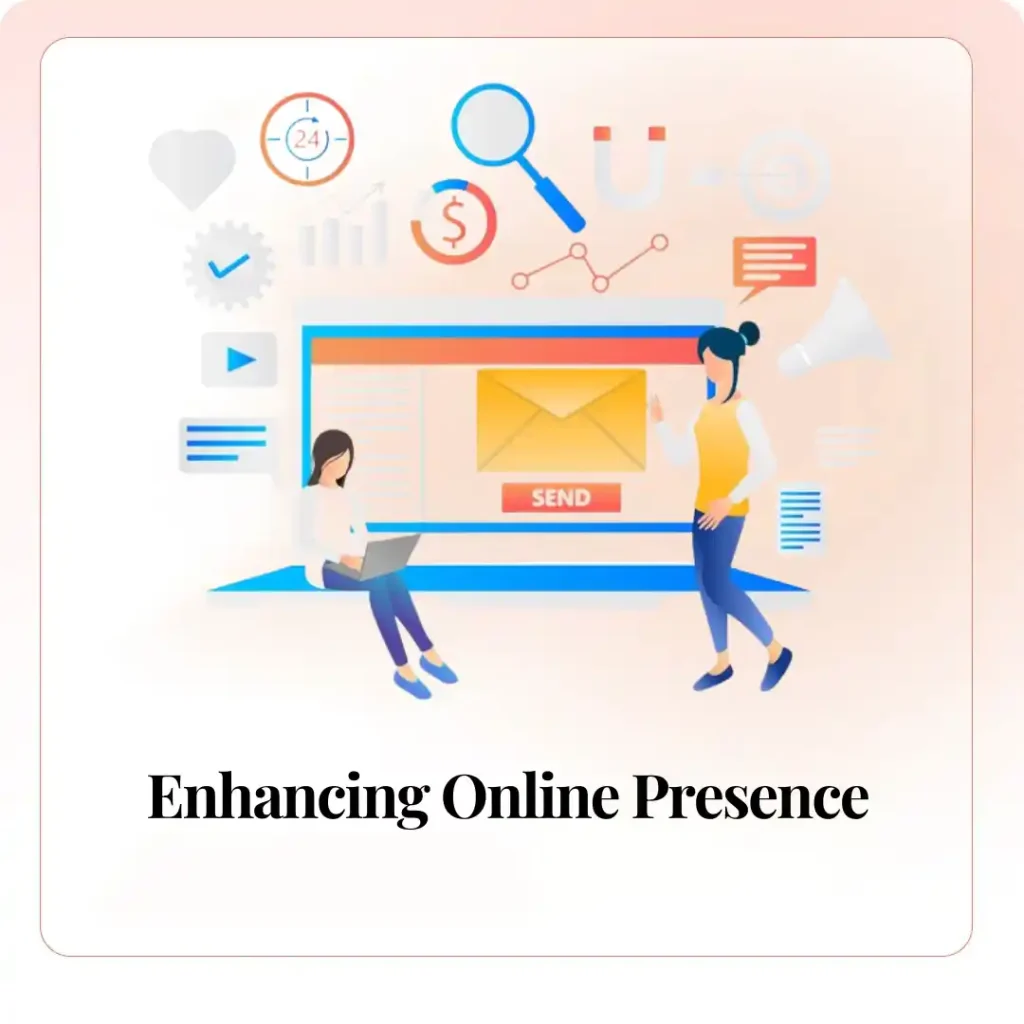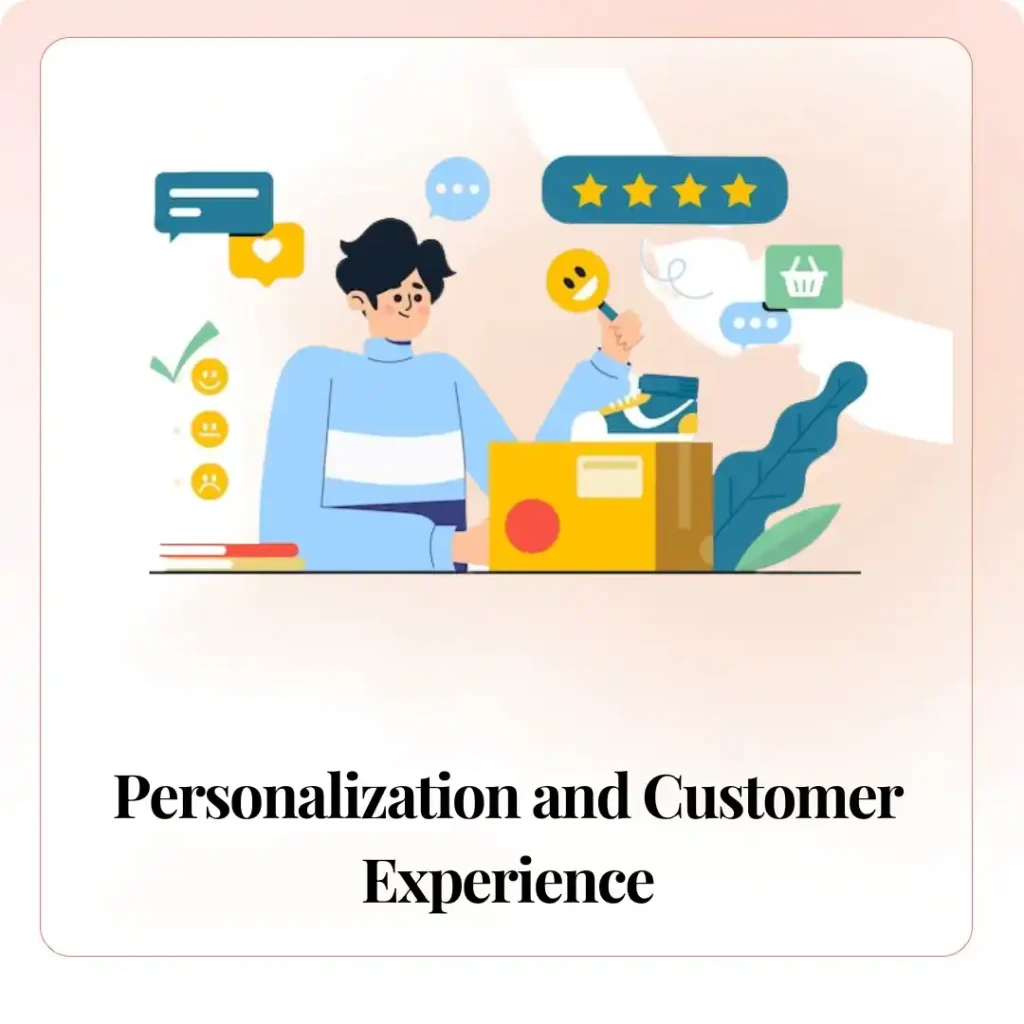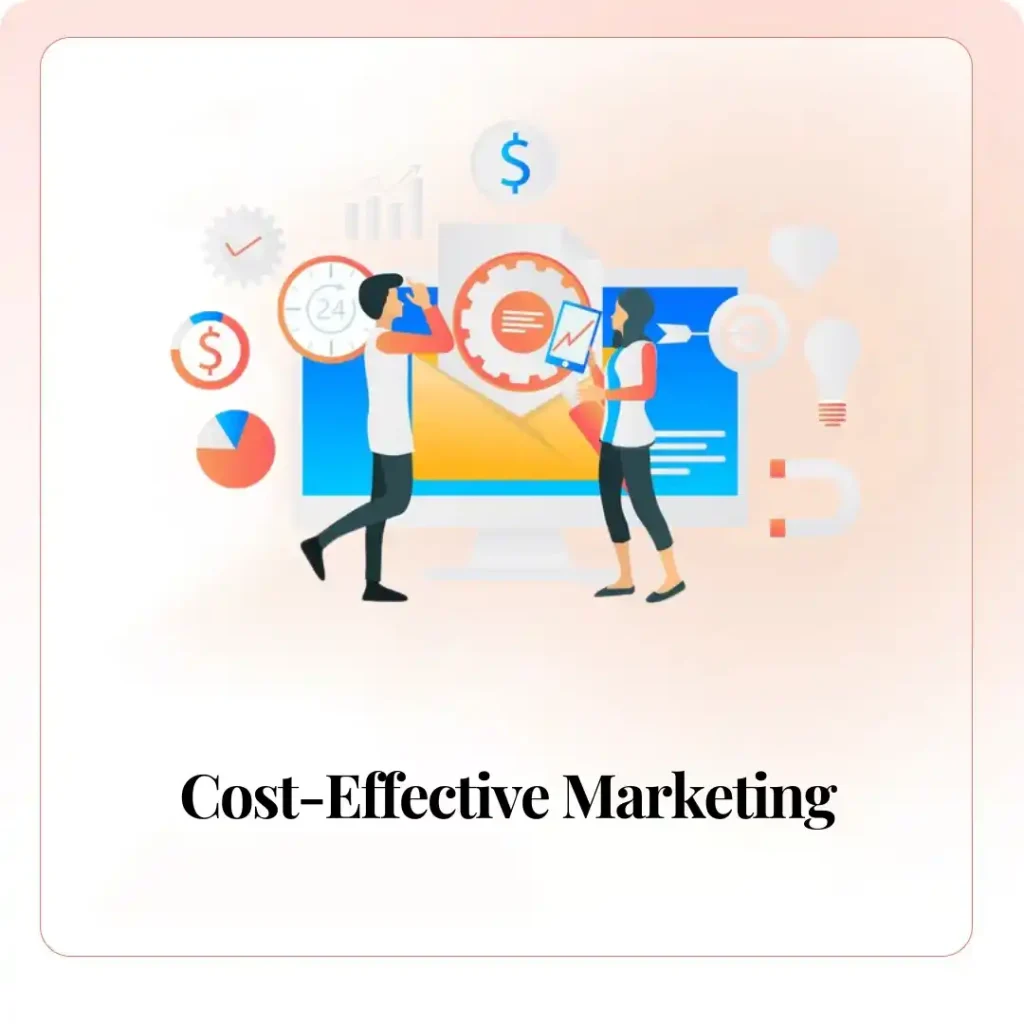In an increasingly digital world, maintaining business continuity has become a critical priority for organizations of all sizes. Digital marketing plays an essential role in ensuring that businesses can continue to operate effectively, even in the face of disruptions. Whether it’s adapting to market changes, engaging with customers, or leveraging new technologies, digital marketing provides the tools and strategies necessary for resilience and growth. At Osumare Marketing Solutions, based in Goa, we understand the importance of digital marketing in business continuity. In this blog, we will explore various ways digital marketing contributes to business continuity and why it is essential for modern businesses.
Understanding Business Continuity
Business continuity refers to the ability of an organization to maintain essential functions during and after a disaster. This involves planning and preparing for potential disruptions to ensure that critical operations can continue without significant downtime. Key aspects of business continuity include:
- Risk Assessment: Identifying potential threats and their impact on business operations.
- Business Impact Analysis: Analyzing the effects of disruptions on business functions.
- Continuity Planning: Developing strategies to ensure that essential operations can continue during disruptions.
- Communication Plans: Establishing communication channels to keep stakeholders informed during a crisis.
The Critical Role of Digital Marketing
Digital marketing is a versatile tool that supports business continuity in several ways:
1. Maintaining Customer Engagement

One of the primary roles of digital marketing is to keep customers engaged, even during challenging times.
- Social Media Interaction: Social media platforms are crucial for maintaining communication with customers. Regular updates, interactive posts, and responsive customer service help keep the audience informed and engaged.
- Email Marketing: Email campaigns allow businesses to send personalized messages to their customers, keeping them informed about changes, promotions, and other important updates.
- Content Marketing: Creating valuable content, such as blog posts, videos, and infographics, helps maintain customer interest and engagement. This content can address current challenges and provide solutions, positioning your business as a trusted resource.
2. Enhancing Online Presence
An effective online presence ensures that customers can find and interact with your business anytime, anywhere.
- Search Engine Optimization (SEO): Optimizing your website for search engines ensures that potential customers can find you easily. Using relevant keywords such as “Best digital marketing agency in Goa” and “Top digital marketing agency in Goa” helps improve visibility.
- Local SEO: Focusing on local SEO strategies can help attract customers in specific regions. For instance, targeting keywords like “digital marketing agency in Goa” can boost your local search rankings.
- Website Optimization: A well-optimized website with fast loading times, mobile compatibility, and user-friendly navigation enhances the user experience and keeps visitors engaged.

3. Adapting to Market Changes

Digital marketing allows businesses to quickly adapt to changing market conditions.
- Real-Time Analytics: Digital marketing tools provide real-time data and analytics, allowing businesses to track performance and make data-driven decisions. This agility is crucial for adapting strategies on the fly.
- Flexible Advertising: Online advertising platforms, such as Google Ads and social media ads, offer flexibility in targeting, budgeting, and ad formats. Businesses can quickly adjust their campaigns based on market trends and customer behavior.
- A/B Testing: Conducting A/B tests on different marketing elements, such as headlines, images, and calls-to-action, helps identify what works best. This iterative approach ensures that your marketing efforts remain effective.
4. Strengthening Brand Reputation
Maintaining a positive brand reputation is essential for business continuity.
- Online Reviews and Testimonials: Encouraging satisfied customers to leave positive reviews on platforms like Google My Business and Yelp helps build trust and credibility. Responding to reviews, both positive and negative, shows that you value customer feedback.
- Thought Leadership: Sharing industry insights and expertise through blog posts, whitepapers, and webinars positions your brand as a thought leader. This builds trust and attracts customers seeking reliable information.
- Crisis Management: Digital marketing channels enable quick and effective communication during crises. Transparent and timely updates help manage customer expectations and mitigate potential damage to your brand reputation.

5. Leveraging E-commerce Capabilities

For businesses that rely on physical storefronts, e-commerce provides a vital alternative.
- Online Storefronts: Setting up an online store allows businesses to continue selling products and services even when physical locations are closed. Platforms like Shopify, WooCommerce, and Magento offer robust e-commerce solutions.
- Digital Payment Solutions: Offering multiple payment options, such as credit cards, digital wallets, and bank transfers, makes online transactions convenient for customers.
- Inventory Management: Digital tools for inventory management help ensure that stock levels are maintained, and customers receive their orders promptly.
6. Personalization and Customer Experience
Personalized marketing enhances the customer experience and drives loyalty.
- Customer Segmentation: Segmenting your audience based on demographics, behavior, and preferences allows for targeted marketing. Personalized messages resonate more with customers, leading to higher engagement and conversions.
- Behavioral Targeting: Using data on customer behavior, such as browsing history and past purchases, helps deliver relevant content and offers. This tailored approach increases the likelihood of repeat business.
- Loyalty Programs: Digital marketing enables the creation of loyalty programs that reward repeat customers. Points systems, exclusive discounts, and early access to new products can incentivize continued engagement.

7. Cost-Effective Marketing

Digital marketing offers cost-effective solutions for maintaining business continuity.
- Affordable Advertising: Compared to traditional advertising channels, digital marketing platforms often provide more affordable options with better targeting capabilities.
- Content Repurposing: Creating versatile content that can be repurposed across different channels maximizes your marketing efforts. For example, a blog post can be transformed into a video, infographic, or social media post.
- Automated Marketing: Marketing automation tools, such as email autoresponders and social media schedulers, save time and resources while ensuring consistent communication.
Conclusion
Digital marketing is an indispensable tool for ensuring business continuity. By maintaining customer engagement, enhancing online presence, adapting to market changes, strengthening brand reputation, leveraging e-commerce capabilities, personalizing the customer experience, and offering cost-effective solutions, digital marketing helps businesses navigate disruptions and thrive in an ever-changing landscape.
At Osumare Marketing Solutions, we specialize in creating tailored digital marketing strategies that support business continuity. Whether you are looking to enhance your online presence, engage with customers, or adapt to market changes, our team of experts is here to help. Visit our website at Osumare Marketing Solutions to learn more about our services and how we can support your business continuity efforts.
Embrace the power of digital marketing today and ensure your business remains resilient and successful, no matter what challenges come your way.

